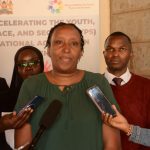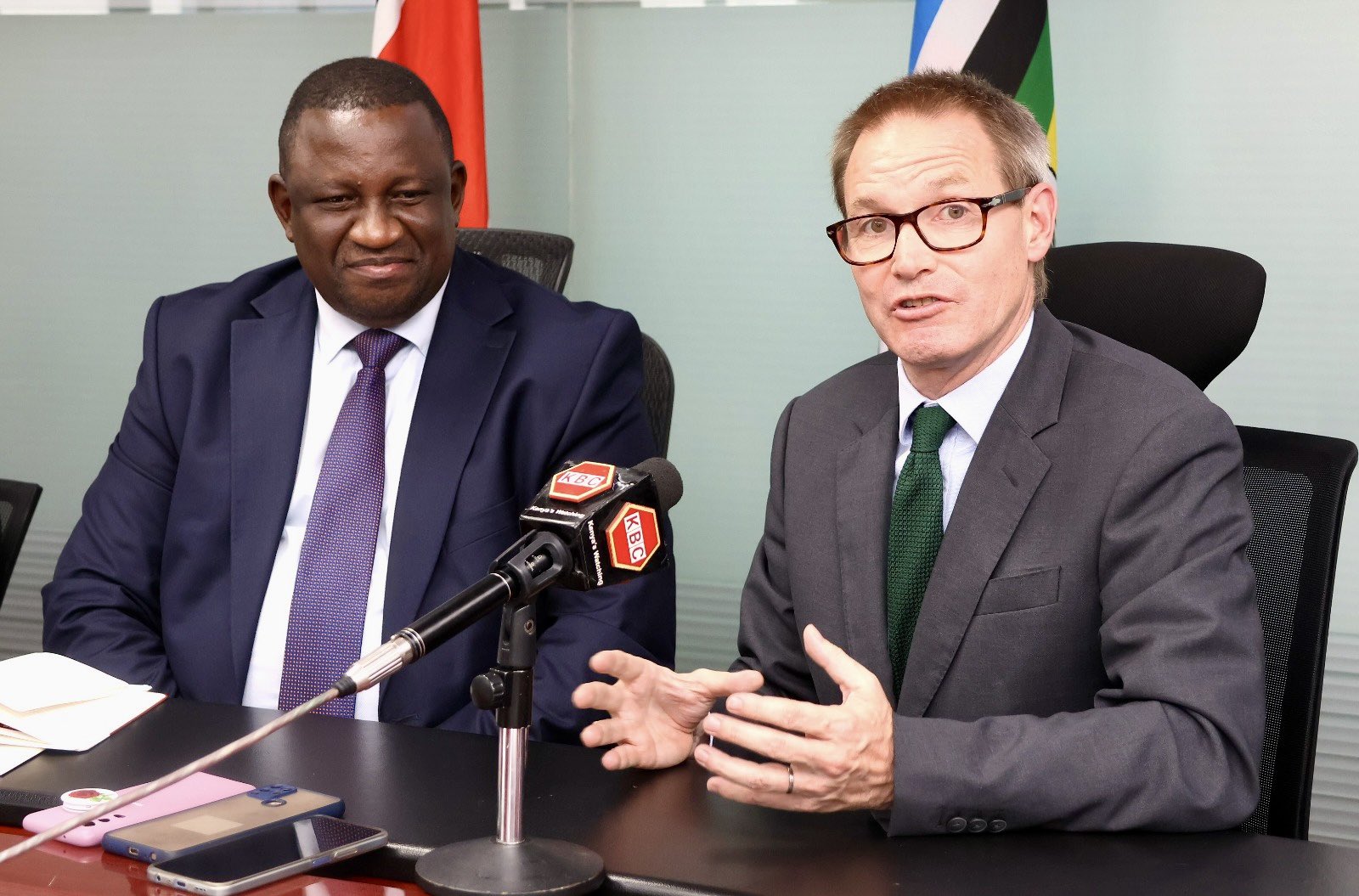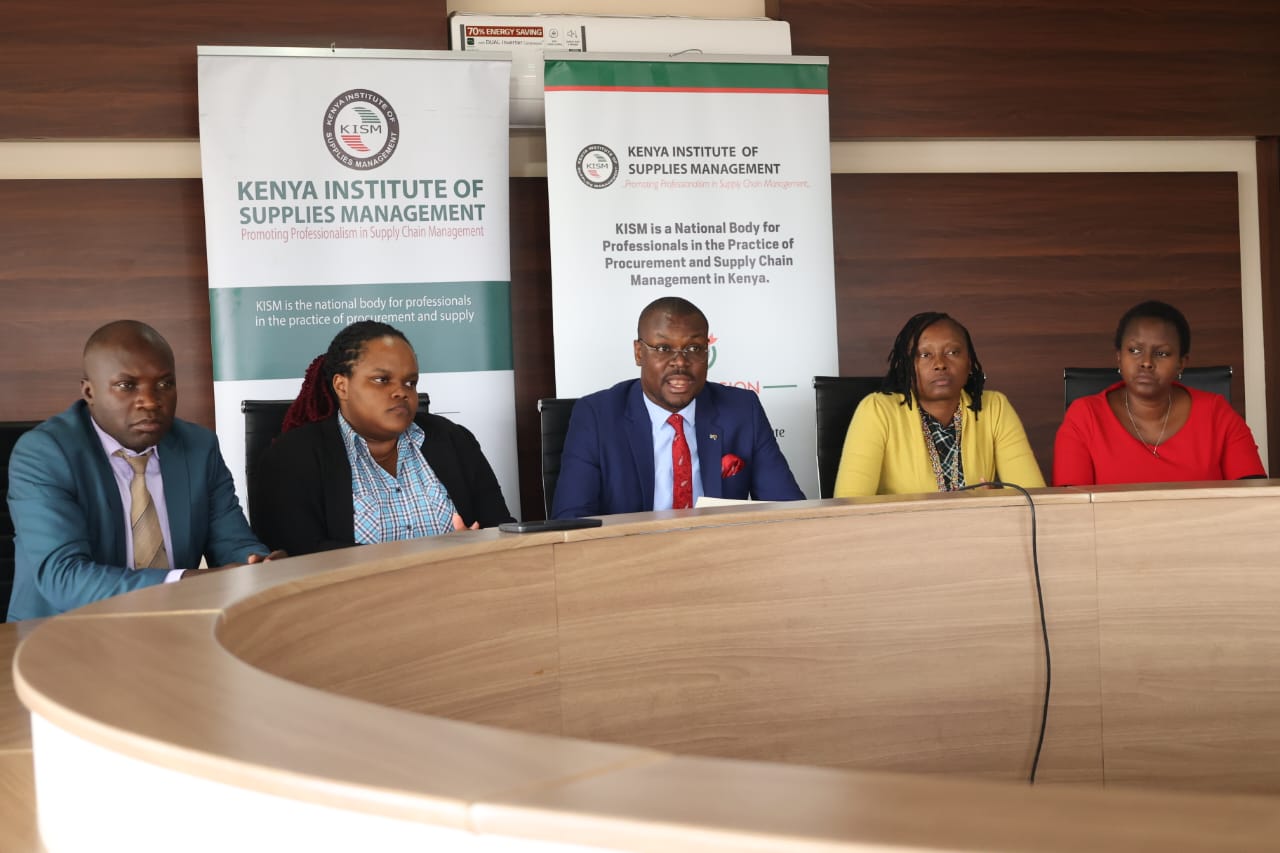By Eddah Waithaka
The Election Observation Group (ELOG) has sparked a critical national conversation about the credibility of Kenya’s Register of Voters (RoV) maintained by the Independent Electoral and Boundaries Commission (IEBC).
In a statement released on Wednesday, March 19, 2025, ELOG highlighted persistent errors and anomalies in the voter register, raising concerns about its integrity and calling for urgent reforms ahead of the 2027 general elections.
The statement comes in response to recent remarks by a senior citizen well-versed in Kenya’s political and electoral processes, who questioned the credibility of the RoV. ELOG, which has monitored and observed electoral processes since 2010, emphasized the need for a thorough review of the register to address long-standing issues that have plagued Kenya’s elections since 2007.
ELOG has conducted independent audits of the voter register on two occasions: in 2012, following the 2010 referendum, and in 2017, after the general elections. Both audits revealed significant errors.
In 2012, ELOG identified 143,530 erroneous records, while the 2017 audit uncovered 169,646 duplicate entries. Notably, these errors persisted despite professional audits and cleaning exercises conducted by the IEBC before the elections.
The 2017 audit also highlighted the challenge of deceased voters remaining on the register. ELOG noted that the lack of an official list of dead voters from the Registrar of Births and Deaths hindered efforts to clean the register.
KPMG, the audit firm contracted by IEBC in 2017, estimated that the register could contain as many as 1,037,260 deceased persons. While biometric registration and identification through KIEMS kits have partially addressed this issue, ELOG observed instances where manual identification methods were still necessary, leaving room for irregularities.
Despite its efforts, ELOG was unable to conduct an independent audit of the 2022 voter register. The group submitted a formal request to IEBC, supported by a sworn affidavit to the Office of the Data Protection to ensure data privacy and confidentiality, but access was denied.
Based on its observations, ELOG raised concerns about voter transfers, cleaning, and certification processes during the 2022 elections, which it believes were inadequately addressed by IEBC.
In light of its findings, ELOG issued key recommendations to strengthen Kenya’s electoral process ahead of the 2027 elections.
First, it emphasized the need to address concerns over the integrity of the Register of Voters (RoV), urging stakeholders to prioritize resolving these issues as part of election preparations.
Second, ELOG endorsed the NADCO report’s proposal for the newly constituted IEBC to conduct a comprehensive review of the current register, recommending either a thorough cleanup or a complete overhaul, supported by robust public participation and stakeholder engagement.
Lastly, ELOG reiterated its call for access to the RoV to conduct an independent audit and verification, underscoring the critical role of transparency in rebuilding public trust in the electoral system.
These steps, ELOG argued, are essential to ensuring a credible and inclusive electoral process.
The statement, signed by ELOG Chairperson Victor Nyongesa, underscores the urgency of electoral reforms to ensure free, fair, and credible elections in 2027.
As Kenya prepares for the next general election, ELOG’s findings and recommendations are expected to fuel further debate and action on the integrity of the voter register and the broader electoral system.
Read More Stories At : https://africawatchnews.co.ke/







